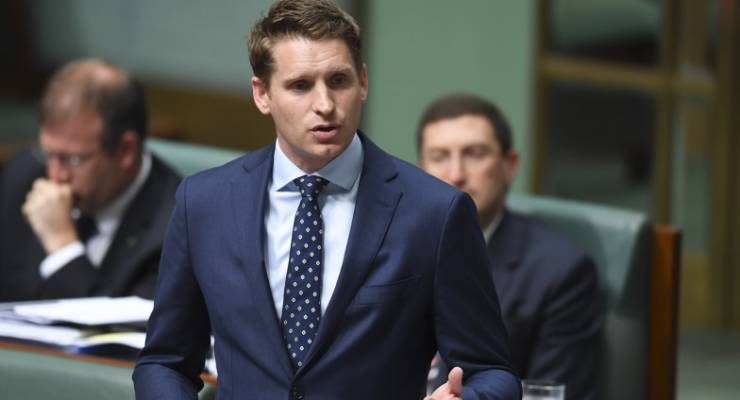
Canberra-based “think tank” China Matters has been long known in government circles as the “Secretaries China Club” — meaning a club for Canberra’s most senior public servants, departmental secretaries. And now it turns out that China Matters is mostly funded by the Australian taxpayer.
This is the same China Matters that was embarrassed when it failed to get visas for Liberal Party politicians Andrew Hastie and Senator James Patterson to visit China on one of the think tank’s “study tours”.
Its funders include the Department of Prime Minister and Cabinet, Department of Foreign Affairs and Trade, Department of Defence, Department of Home Affairs, Department of Industry, Innovation and Science, and the Attorney-General’s Department.
Yet while those departments provide 63% of the group’s funding — $1.9 million in 2018, according to the group’s annual report — none of these major funders are represented on the group’s board.
To take a corporate governance view, this means that the interests of its main shareholder — the Australian taxpayer — is not represented at all among the people running the group. Instead, the board consists largely of business people historically uncritical of China’s ruling Communist Party.
None of this is to impugn the intentions of China Matters’ staff or board members — far from it. The point is merely to explain a microcosm of Canberra and the tactics deployed at the nexus of power, where business and lobby groups battle politicians for policy control.
China Matters is backed by pro-China big business and is registered as a charity. But it is, in effect, an outsourced policy organisation — despite stating consistently that it does not hold any institutional views.
This stands in stark contradiction to government policy that is increasingly wary of the Communist Party, particularly in terms of its growing and well-documented influence within Australian institutions.
China Matters’ strategy can be seen in one of its all-expenses-paid “study tours” by the federal opposition’s deputy leader and foreign affairs spokesperson Richard Marles along with frontbencher Tanya Plibersek. This tour largely involved meetings with CCP officials. Marles failed to raise, in public or private, the detention and possible torture of Australian writer Yang Hengjun. Instead, he gave what was widely seen as a pro-Beijing speech.
China Matters’ soft-peddling of any criticism of the Chinese government is stark in its major piece of policy work released in this year, entitled A New China Narrative for Australia.
China’s appalling human rights record and its concentration camps in Xinjiang that house Muslim Uyghurs, Kazakhs, and other central Asian ethnic minorities, was covered off in just two sentences. And the South China Sea? It isn’t even mentioned once. Really.
The paper does raise concerns over foreign influence but, unsurprisingly, it mimics the bloodless sort of downplaying from the DFAT copybook. Fine, but why pay someone else to write it?
Things for China Matters were not going well ahead of the Hastie/Patterson affair, according to people familiar with the organisation. Crikey has learned that senior bureaucrats are increasingly dissatisfied with the value for money they are getting from the think tank, something that was made known to the group’s co-founder and deputy chair Linda Jakobson, according to people who attended the group’s Eighth National Meeting held in October before the Hastie/Patterson stuff-up became public.
The attendee list to that function makes for interesting reading, suggesting that the secretaries who once reveled in their own little China club are maybe heading for the exit. Only one departmental secretary and two deputies showed. The Attorney-General’s Department, Home Affairs and Defence sent nobody (though two senior military officers attended).
China Matters is a clear example of policy outsourcing, the ultimate diplomatic arse-covering exercise. But, in this instance, outsourcing is eating itself. An eight-person organisation has been casually handed responsibility for managing a significant international relationship. It’s even more ludcicrous that China Matters is funded (for a relatively small amount) in part by the diplomats who are paid to avoid — and probably would have — both the Marles and the Hastie/Patterson embarrassments.








Yes yes, very interesting. Crikey eds, for heaven’s sake, have a look at the pieces on China being run in Menadue’s Pearls and Irritations and get a diverse narrative going.
Yes you could nearly write Michael Sainsburys pieces for him they are so predictable. I only read to check the predictability then move on to give time to a piece that adds to my understanding and hopefully offers a challenge. Yes Pearls is a great Blog to dip into.
Sainsbury is very good at sewing doubts and fears about China, but can Crikey find some alternative views so we can get a more rounded perspective, particularly from someone inside China itself. We hear so little about life in China that it may as well be Mars.